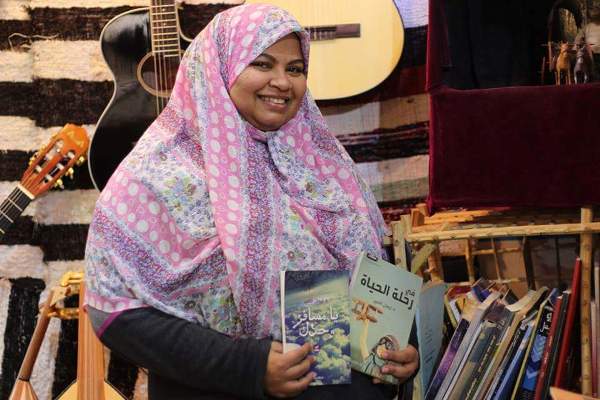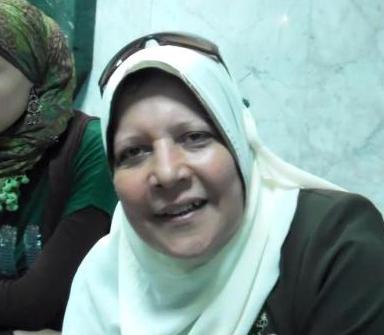Latest NEWS
- Aswat Masriya, the last word
- Roundup of Egypt's press headlines on March 15, 2017
- Roundup of Egypt's press headlines on March 14, 2017
- Former Egyptian President Hosni Mubarak to be released: lawyer
- Roundup of Egypt's press headlines on March 13, 2017
- Egypt's capital set to grow by half a million in 2017
- Egypt's wheat reserves to double with start of harvest -supply min
- Roundup of Egypt's press headlines on March 12, 2017
Egypt’s Al-Azhar entirely rejects proposal to end verbal divorce
CAIRO, Feb 8 (Aswat Masriya) - Egypt’s largest religious institution, Al Azhar, has thrown its weight behind the view that ending verbal divorce is both inadmissible and would not necessarily reduce divorce rates as proposed two weeks ago by the president.
Verbal divorce refers to undocumented divorce. Muslim men can divorce their wives without having to resort to legal justification or consult a court or cleric under the current law, prerogatives not enjoyed by Muslim women.
Al Azhar Observer, responsible for issuing expert opinion on matters, announced on Wednesday its concurrence with Azhar’s highest clerical authority, Council of Senior Scholars’, view regarding the inadmissibility of ending the practice of “verbal divorce”.
The Council of Senior Scholars of Al Azhar declared on Sunday that verbal divorce is applicable and compliant with Sharia law. The Council advised that divorce should be documented as soon as it occurs in order to safeguard the divorced woman's rights as well as her children's rights.
The Observer added in its statement that a proposed draft law that imposes punishment for whoever does not document the divorce once it occurs verbally should be seriously considered.
Human rights defender Intessar al-Saeed held the view that legally obligating the documentation of divorce is necessary to safeguard women's rights, however it will not reduce divorce rates, as this is an issue "that requires studies by sociology experts."
Discussion on the subject was sparked on the 65th Police Day anniversary, when President Abdel Fattah al-Sisi suggested that verbal divorce should not be authorised and left the issue in the hands of Al Azhar to decide on the validity of such matter. From there discussions led to Al Azhar’s Sunday statement, which affirmed the validity of verbal divorce.
The president’s suggestion to end verbal divorce by law stems from the current phenomenon of high divorce rates over recent years.
During his speech, Sisi said, "I asked the head of Central Agency for Public Mobilization and Statistics (CAMPAS) about the number of marriages that are authorized and he told me 900 thousand [per year] and that 40% of the marriages end up in divorce in the couple's first 5 years of marriage."
The Council of Senior Scholars then replied to the president saying, "The act of not documenting verbal divorce will have negative consequences on the divorced woman and her legal rights."
The Scholars followed up by claiming that making verbal divorce illegal will make no difference in reducing the divorce rate because if a husband who divorces verbally cannot take marriage seriously, he will not bother to go to the authorised religious figure to undergo the divorce process. The right move, however, in Azhar’s opinion, is to combat the increasing divorce rates through public awareness campaigns with the cooperation of the media and religious figures.
The Central Agency for Public Mobilization and Statistics (CAMPAS) said in a study in September 2016 that divorce rates have increased in the past two decades in Egypt. The rate in 2015 increased by 83 per cent compared to that of 1996.
(Writing by Shorouk Fahmy, editing by Nourhan Fahmy)















